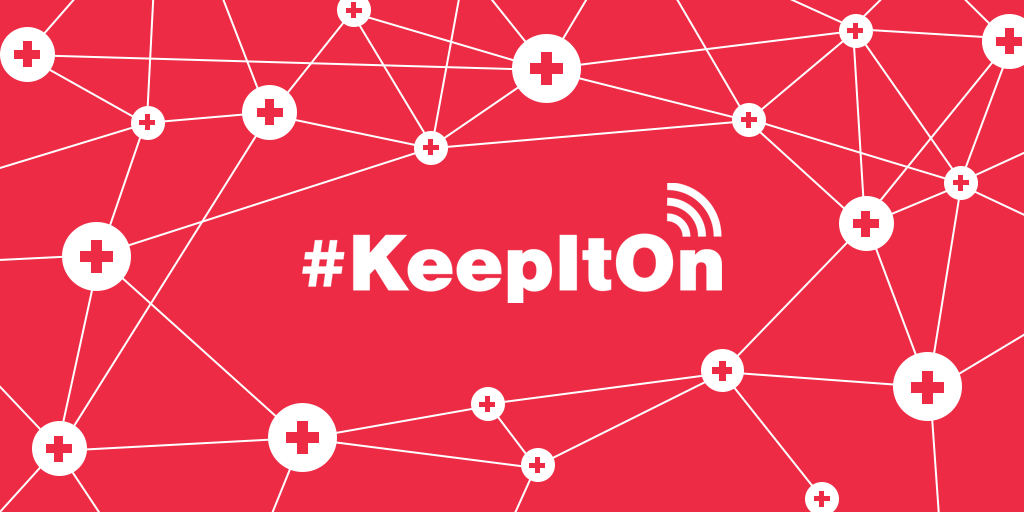As millions of Guineans went to the polls to vote in a referendum on constitutional reforms as well as legislative elections, authorities first cut access to the internet and later blocked social media, then imposed another cut. This was a critical moment for the people of Guinea to determine whether President Alpha Condé would stand a third term as president.
Reports show there was an initial three-hour internet outage on the evening of March 21, 2020, followed by a social media blackout, and then a complete internet shutdown throughout the voting period on March 22, 2020, without an official government explanation for the shutdown.
As we have noted, internet shutdowns like this are extremely dangerous during the COVID-19 outbreak, and they also cast a shadow that can obscure human rights abuses. In this case, there are reports of numerous human rights violations perpetrated on election day, during the communications blackout. According to the Media Foundation for West Africa, 10 people were reportedly killed and numerous journalists were harassed. Since the proposed constitutional reform was tabled in late 2019, there have been a series of protests with numerous reported fatalities.
The shutdown during voting may not have not come as a surprise to many critics of the referendum in Guinea, but it has clearly tainted the referendum process and placed Guinea on the list of countries that are infamous for using internet shutdowns to control the flow of information online and gag the citizenry during important national events.
A small victory for transparency in the midst of defeat
Prior to the referendum, rights groups and the #KeepItOn coalition urged the country’s telecommunications infrastructure operator, Guinéenne de Large Bande (GUILAB) to postpone the planned maintenance work on the Africa Coast to Europe (ACE) cable. GUILAB had previously indicated this work would result in a disruption of internet access and international phone calls in Guinea from March 21 to 22, 2020 — that is, during the referendum and voting. GUILAB then said it would reschedule this work, but internet access was cut anyway, which suggests the shutdown was a deliberate act by government authorities, and not due to maintenance of the ACE cable. That sheds light on the true nature of the shutdown.
This deliberate shutdown hurt human rights, put people’s health and safety in jeopardy during the COVID-19 outbreak, and disrupted free and open democratic discourse. Therefore Access Now and the #KeepItOn coalition call on the government of Guinea to publicly declare the reason for the shutdown.
To help fight future shutdowns, share your story
If you experienced the internet blackout during the referendum in Guinea, you can help fight internet shutdowns by sharing your story. Tell us about the impact of the shutdown by using this form. Any information that you share can bolster our documentation of human rights violations that we present at global fora such as the United Nations, and help strengthen our efforts to end these harmful restrictions to human rights, in Guinea and around the world.
Follow our work on the protection of digital rights in the context of the COVID-19 pandemic.
